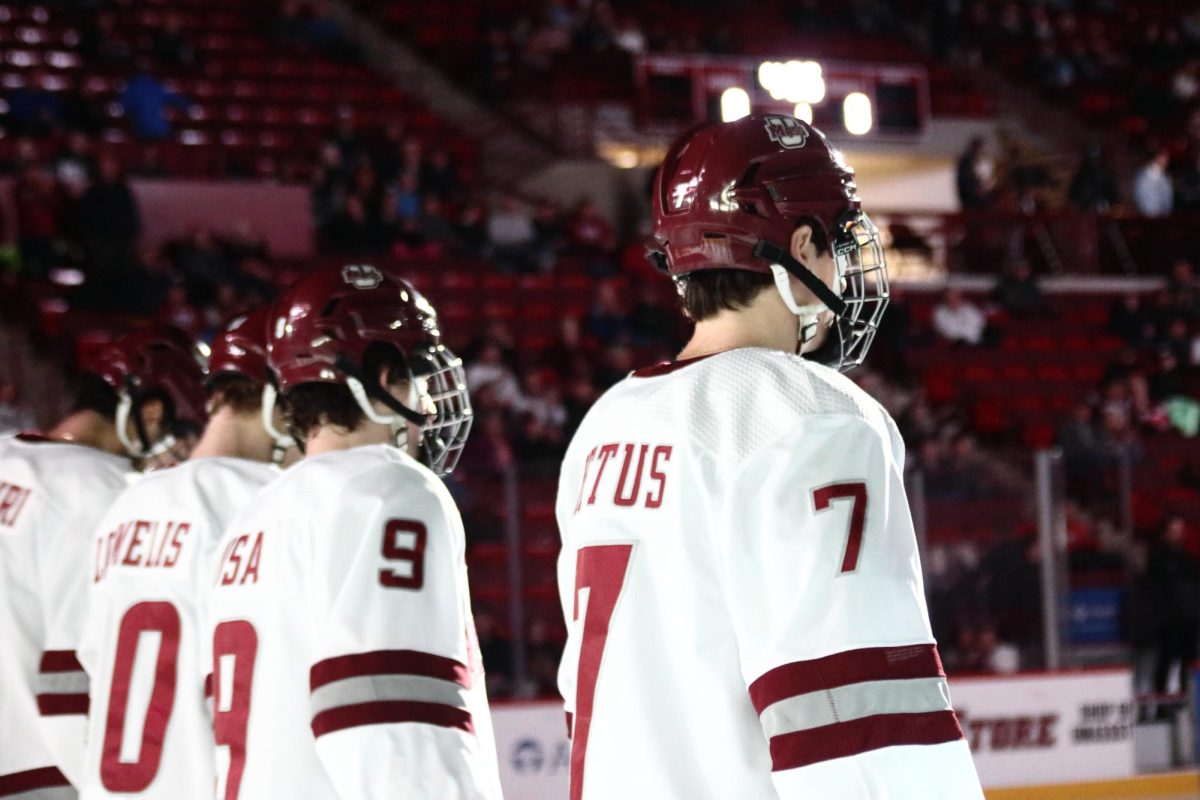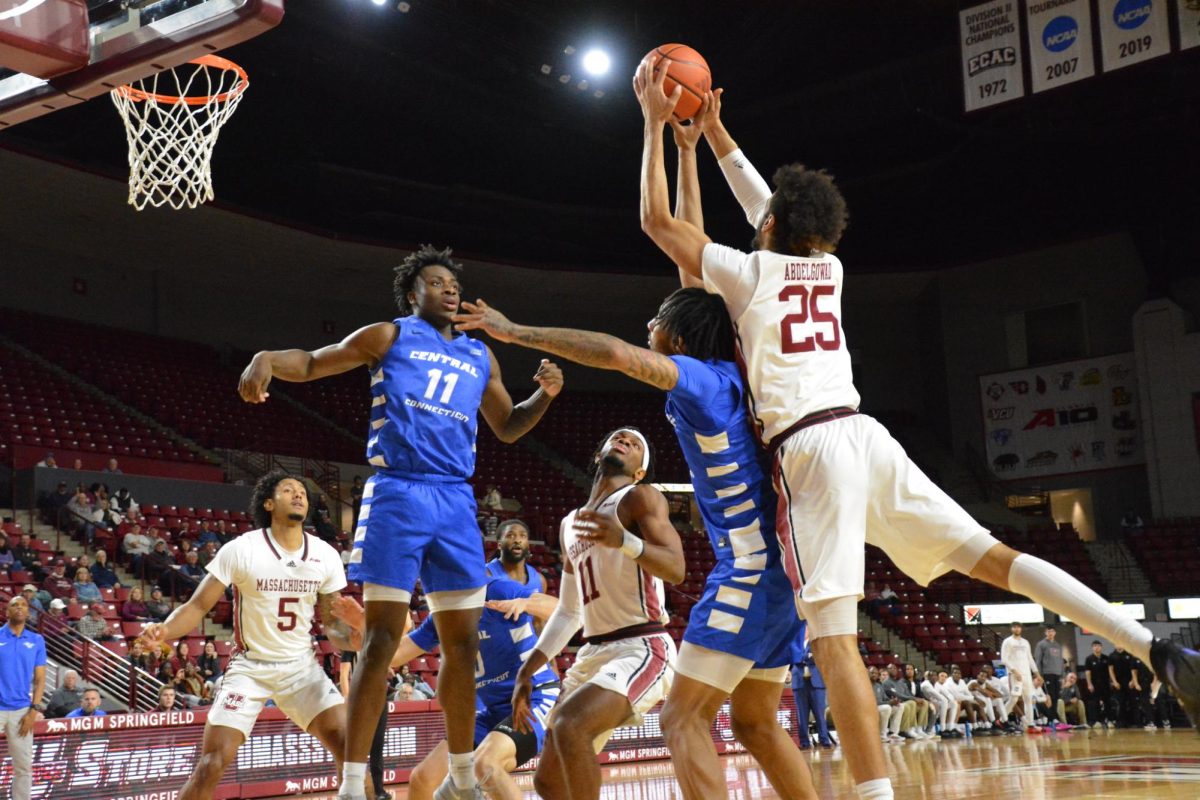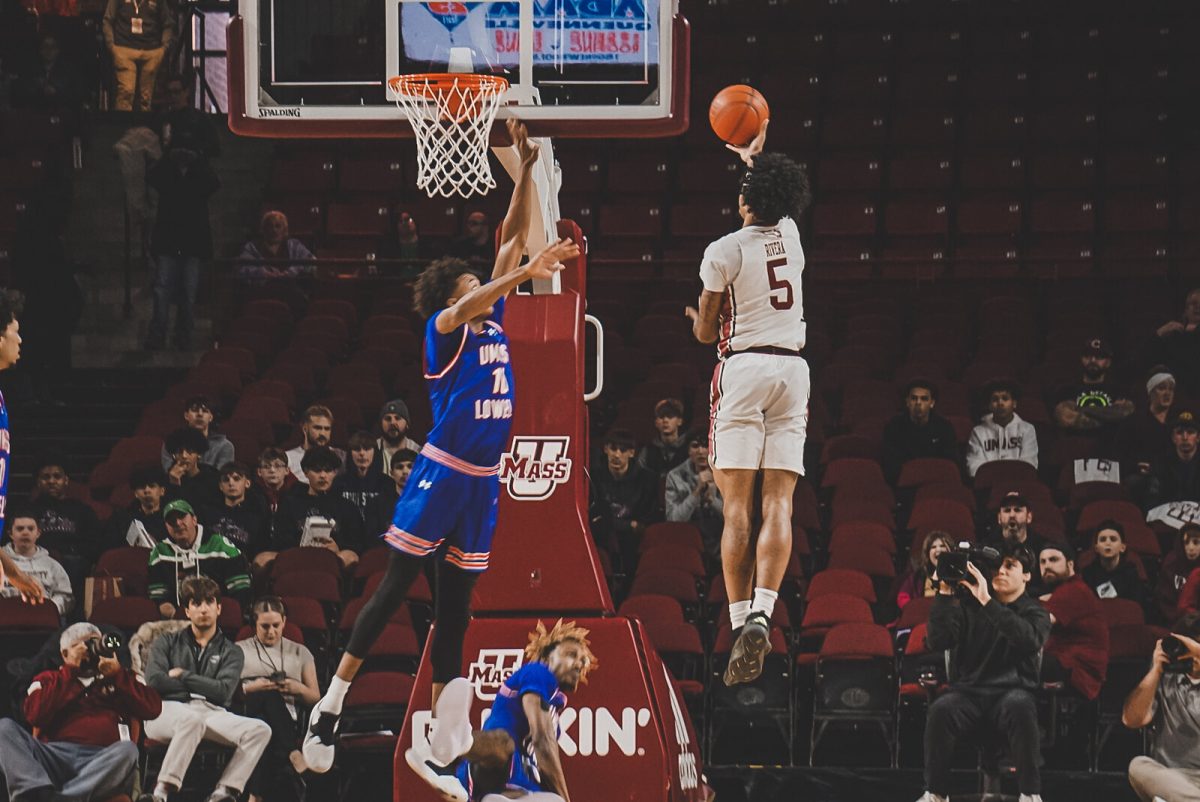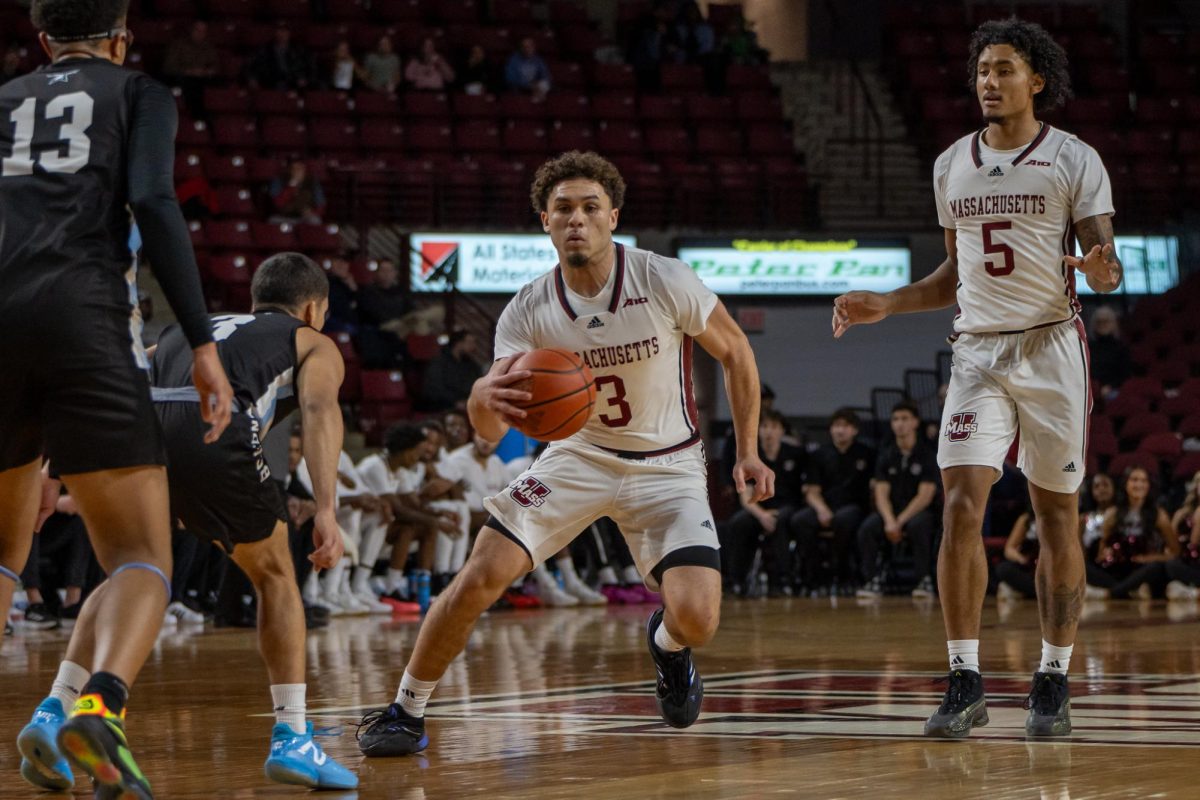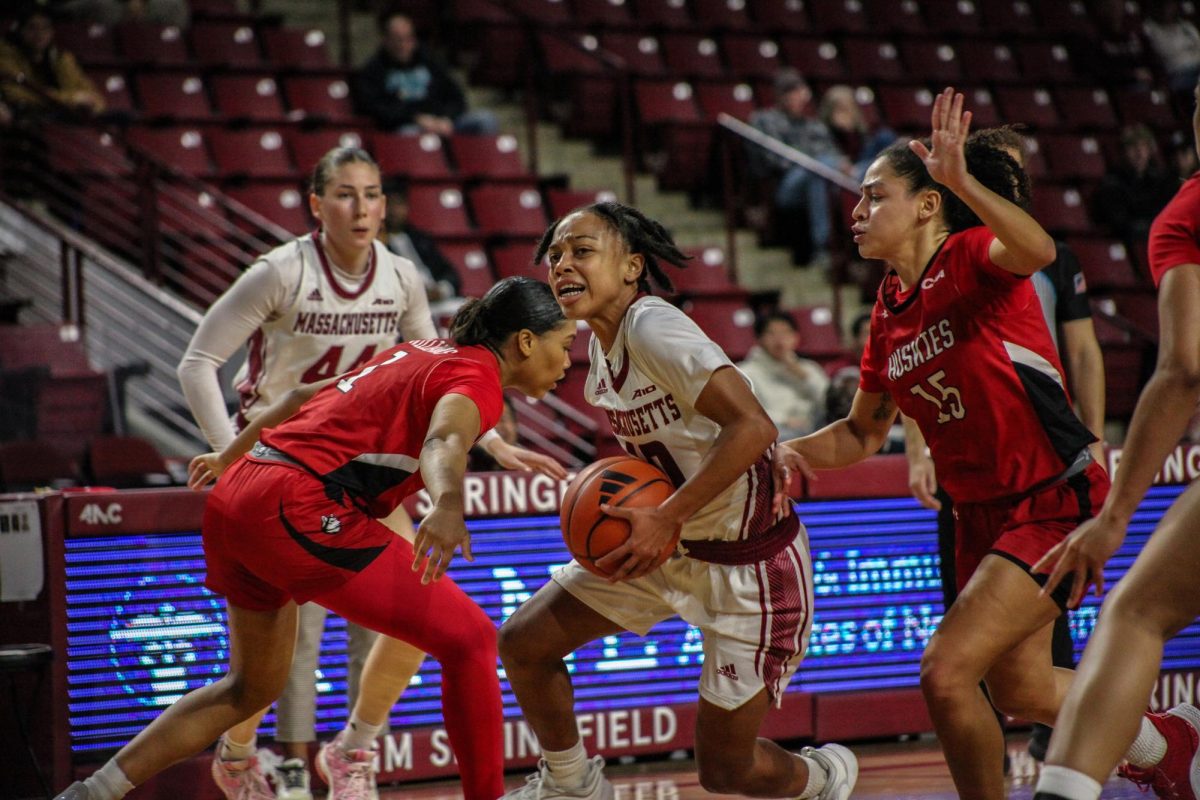The Radical Student Union continued its series of video screenings last night in the Campus Center with a presentation titled “Edward Said on Orientalism.”
The video, narrated by University of Massachusetts Communications professor Sut Jhally, and created by the UMass Media Education Foundation, discussed the perceptions held by European and Western civilizations about Arabs and the Middle East.
According to RSU member and senior Neuroscience major Arthur Seelig, though the video presentations have been timely in the wake of the Sept. 11 attacks, addressing the issues raised by Sept. 11 have not been the sole focus of the video series, which has been in planned since last spring.
“September 11 put certain issues into focus that maybe haven’t been there before, although the series has remained the same,” Seelig said. “But the RSU is an organization which works on several different fronts. The first step in our action is always the education of the public in general in order to draw people into organized action.”
Said, a Palestinian-American scholar, has written several influential and controversial books, the most famous of which is titled Orientalism.
According to Jhally in his introductory narration on the video, “Orientalism asks, how do we come to understand people who are strangers, who look different from us, because of the color of their skin? Orientalism [as a theory] is a lens we use to make people from the Middle East look different and threatening.”
According to Said, “there is a repertory of images that is used again and again to portray Oriental people – the sensual woman, the East as a mysterious place full of magic and monsters. It has very little to do with what anyone had seen who’d actually been there.
“These images perpetuate the Western theory that the Orient is always the same, as if the East didn’t develop. It’s an image outside of history,” Said commented.
“This means that all people in the Arab world are looked at in this same negative light,” Said remarked, “which takes away from the humanity and dignity of those in the Middle East who are leading normal and decent lives.”
Television and movies, according to Said, “portray Muslims as members of a lesser breed who only understands the use of force. The idea is that unless you give them a bloody nose, they won’t understand. You know, ‘you can’t talk reason with these people.'”
In support of these ideas, video montages that contained clips from news sources as well as from other pop-culture references such as Disney’s Aladdin, were played throughout the video.
Said also remarked that Arabs themselves may have played a role in the formation of Western attitudes toward them. “Many Arab countries are dictatorships that are in desperate need of U.S. and foreign patronage,” he said. “They’re not about to criticize the U.S., and so, in not mounting a critique of this, Arabs have allowed themselves to be a part of this system.”
Where Orientalism applies to Islam is where politics become difficult, Said observed. And, he continued, where this branch of Orientalism extends to the Palestinian/Israeli conflict is of particular importance to him.
“Palestine is being asked to pay the price for what happened to the Jews in Europe,” he claimed. “We have become the victims of the victims.”
Still, he said, “we have another vision. A vision of coexistence. The greatest goal is to transform identity so that it includes the other without suppressing differences.
“The idea that we must protect and defend ourselves from the infiltration and infection by the other, I think, is the most dangerous idea of the twentieth and early twenty-first centuries,” he said.
Jhally had the final word on the video, summarizing Said’s point of view and its relation to world politics.
“Because of the complex and bloody history of the Middle East,” he said, “the Israeli/Palestinian conflict is for Said the test case for whether we can live in peace, with our differences, or whether we will always live at war, in fear and loathing of one another.”

